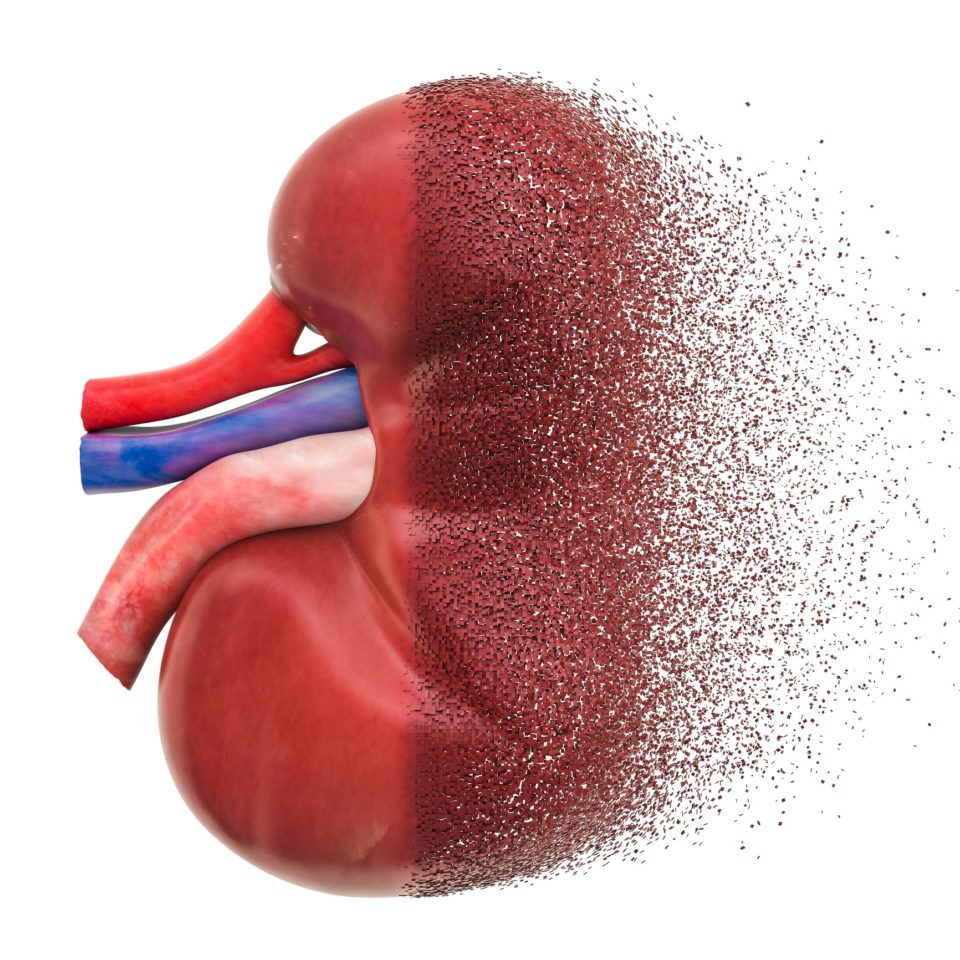
Treatment with renin-angiotensin-aldosterone system inhibitors (RAASi) provides cardiorenal protection. However, due to an increased risk of hyperkalemia, the use of RAASi may be limited. Jaejin An, PhD, and colleagues conducted a study to examine RAASi modifications and adherence to RAASi following new-onset hyperkalemia in patients with chronic kidney disease (CKD) and/or heart failure.
Results of the study were reported during a poster session at NKF SCM22. The poster was titled Renin-Angiotensin-Aldosterone System Inhibitor (RAASi) Use after New-Onset Hyperkalemia in a US Integrated Healthcare System.
The retrospective cohort study utilized electronic health records at Kaiser Permanente Southern California to identify adults with hyperkalemia and CKD and/or heart failure from 2016 to 2017. Hyperkalemia was defined as potassium ≥5.0 mEq/L. Inclusion criteria were no history of hyperkalemia and two or more fills of RAASi within 12 months before the first episode of hyperkalemia (index date).
RAASi modification was classified as (1) dose reduction/discontinuation (ever filled a reduced RAASi dose or discontinuation of one or more RAASi [≥90 day gaps in refills]) (2) higher dose (ever filled an increased RAASi dose or add-on RAASi), and (3) same dose. Low adherence was defined as proportion of days covered <80% during the 3, 6, and 12 months of follow-up using outpatient pharmacy dispense records. RAASi modifications and adherence were illustrated using descriptive statistics. Stratified analyses were performed by severity of index hyperkalemia.
A total of 7875 patients had hyperkalemia. Of those, 78% had CKD only, 10% had heart failure only, and 13% had both CKD and heart failure. Within the 3 months after the index date, the proportion of patients who received a reduced RAASi dose or discontinued RAASi was 26%; within 6 and 12 months the proportion increased to 38% and 43%, respectively (RAASi discontinuation, 18%, 28%, 32% within 3, 6, and 12 months, respectively).
Among patients with borderline hyperkalemia (potassium 5.0 to 5.1 mEq/L), 37% received a reduced dose or discontinued RAASi within 12 months. Among patients with severe hyperkalemia, (potassium >6.0 mEq/L), the percentage increased to 61%.
Low adherence rates to RAASi treatment increased from 15% at baseline to 19% at 3 months, 30% at 6 months, and 35% at 12 months.
In summary, the researchers said, “Among patients with CKD and/or heart failure, RAASi dose reduction or discontinuation as well as low adherence to RAASi were common after hyperkalemia. Future studies should evaluate the effect of these modifications on risk of recurrent hyperkalemia and cardiorenal outcomes.”
Source: An J, Zhou H, Sim J, et al. Renin-angiotensin-aldosterone system inhibitor (RAASi) use after new-onset hyperkalemia in a US integrated healthcare system. Abstract of a poster (Poster #184) presented at the National Kidney Foundation 2022 Spring Clinical Meetings, Boston, Massachusetts, April 6-10, 2022.






 © 2025 Mashup Media, LLC, a Formedics Property. All Rights Reserved.
© 2025 Mashup Media, LLC, a Formedics Property. All Rights Reserved.